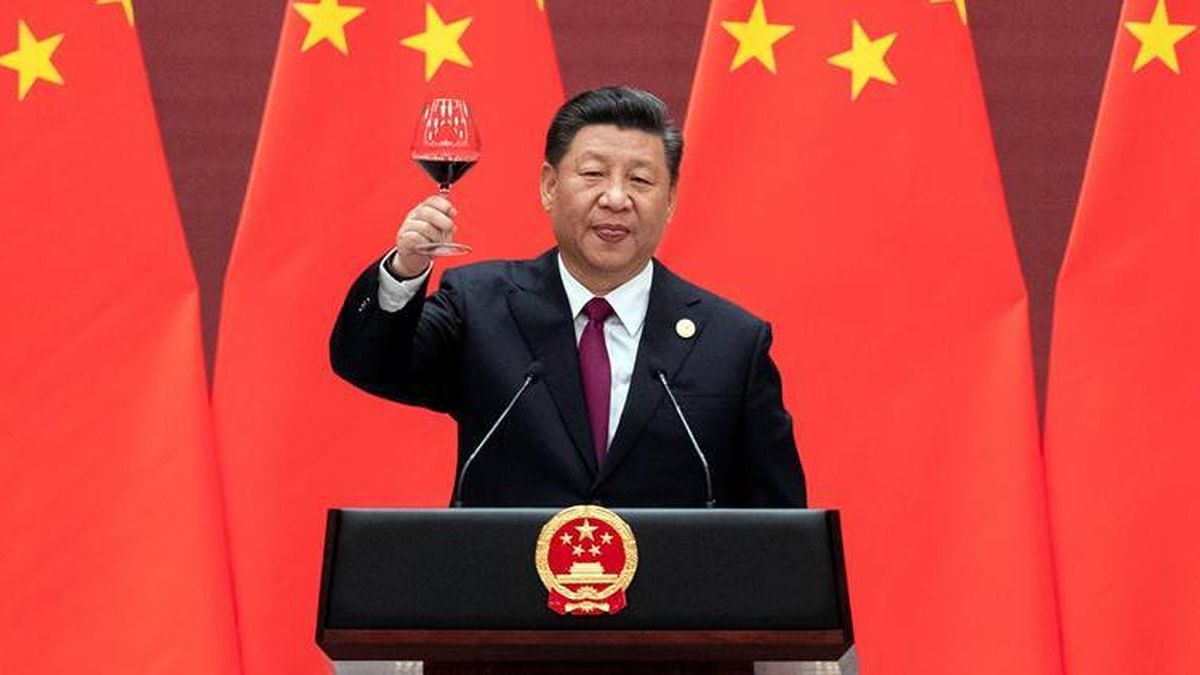As part of the global bid between the Asian giant and the US, Beijing resorts to the power strategy implemented by Washington since 1930 and, above all, after World War II.
The currency swap between the central banks of Argentina (BCRA) and China (PBoC) is gaining more relevance every day as a result of the exchange crisis linked to the weak position of international reserves. But the increasing use of different financing and bailout mechanisms by the Chinese government has several edges, in addition to being a wedge in the global bid with the US, whom Argentina begs to intercede with the IMF to release fresh funds. There are already several documents and investigations on the growing role of China as a lender of last resort and, above all, on the network of bailout loans via currency exchange lines (swap) to countries in difficulties through the PBoC. But a few days ago another document on the subject was released, prepared by economists from the World Bank, Harvard University and the Kiel Institute, which not only sows doubts about the transparency of operations but also warns about its implications for the international financial and monetary system. (“China as an International Lender of Last Resort” by Horn, Parks, Reinhart, and Trebesch).
The content you want to access is exclusive to subscribers.
The study estimates that China has provided 128 bailout loans to 22 debtor countries for US$240 billion from 2000 to 2022 (including Argentina, Belarus, Ecuador, Egypt, Laos, Mongolia, Pakistan, Suriname, Sri Lanka, Turkey, Ukraine and Venezuela), which are mainly provided through two instruments: balance of payments support through the PBoC’s currency swap network, and liquidity support through loans and deposits from Chinese state banks and Chinese companies linked to the sector. of commodities. These operations include many so-called “rollovers,” in which the same short-term loans are made over and over again to refinance maturing debt. Until 2010, less than 5% of Beijing’s cross-border lending portfolio went in support of struggling borrowing countries, but that number has shot up to 60% by 2022. China has responded to the rising tide of debt distress by moving away from project lending infrastructure and increasing liquidity support operations. Nearly 80% of its emergency bailout loans were issued between 2016 and 2021.


The authors note that while the official objective of currency swaps is to promote bilateral trade and investment, these instruments have been activated mostly in countries with low reserve levels and low credit ratings in the context of macroeconomic or financial crises. Of a total of 40 swap agreements, 17 have been activated and, of these, only 4 in normal times. In this way, with a total activated of US$170,000 million, swaps have become an important tool for managing external crises for many countries, the study explains. In relation to the granting of liquidity, they calculate that different Chinese official entities have made more than 70 emergency loans for US$70,000 million to 13 countries, the majority denominated in dollars and allowed the use of funds to repay existing debts. including Chinese entities.
The study also highlights another controversial issue: central banks may be using PBoC swaps to artificially inflate their foreign exchange reserve numbers. They give two examples, if a borrower can use the swap to pay down debt denominated in dollars and euros, then such payments can be especially useful during a balance of payments or debt crisis, but if a borrower can only use the yuan liquidity as window dressing to bolster foreign exchange reserves, then its net reserve position and its ability to service dollar and euro-denominated debt remain unchanged. “It is clear that the activation of swap lines strengthens gross reserves and serves window dressing purposes, but there is a lack of clarity on how the funds are actually used, especially if they are used to pay foreign debts to China that are due soon. ”, the report says.
Source: Ambito




